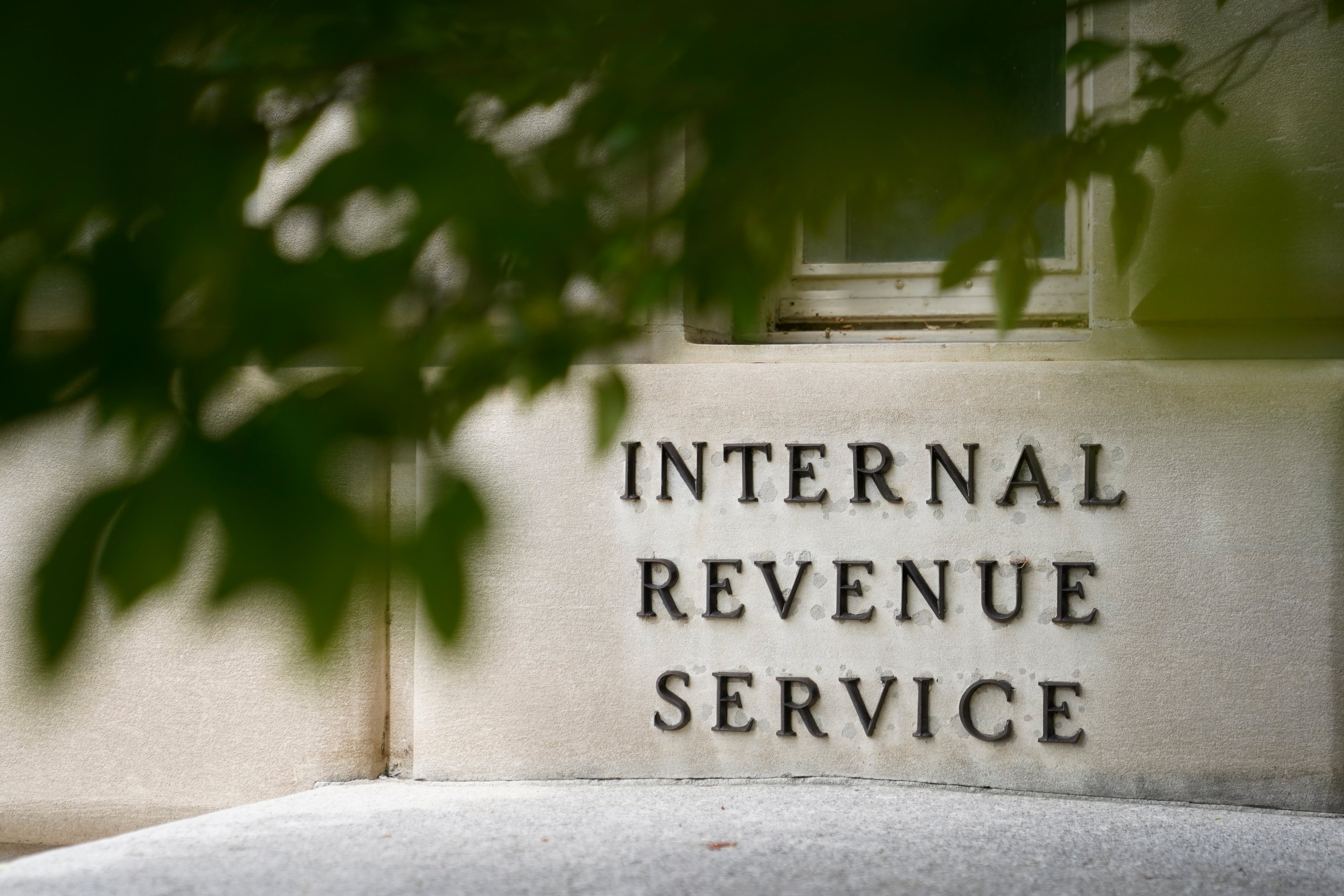Kabbage is getting into small business payments hoping that it will help the company be a better underwriter in its funding business — the inverse strategy of payments companies like PayPal, Square, and, most recently, Stripe, which have used their transaction data to push them into lending.
On Monday, the lending startup launched a payment acceptance product that will allow businesses to generate, send, and manage invoices for their customers. It also lets Kabbage clients generate unique URLs for online card payments that they can then share with their customers through texts, emails, social channels, and other invoicing solutions.
Kabbage, now 10 years old, initially launched Payments to its Funding customers in November and is now opening access to everyone.
"We're trying to help our customers get paid," said Laura Goldberg, Kabbage's chief revenue officer. "Many small businesses still write out paper receipts, and they're not sending invoices to customers. Even though there are other products, there's still a need in the marketplace. And because we can tie it to our funding products, we can also help float between payments."
According to a report by Javelin Strategy & Research, 80 percent of businesses still pay vendors and suppliers with checks.
As part of the Kabbage Payments offering, customers have the option to take out a short-term loan with repayment terms of between three and 45 days to cover any shortfall they have while they wait on an invoice or not-yet-made payments. These loans have a one-time fee starting at 0.1 percent; pricing adjusts depending on the term length and repayment method.
Goldberg said many of Kabbage's customers issuing invoices wait 30 to 90 days to be paid and for the payments to be processed, but that with Kabbage Payments the wait time can be shortened to just hours.
It also increases the funnel for customer acquisition, Goldberg added.
"We can get businesses who are a little less mature, who maybe haven't grown to the size of our core customers, or ones who haven't thought about funding and just need a payment solution," she said. "So we'll increase the addressable market in terms of customer acquisition. Once we have the customers we can grow our relationship with them and increase our lifetime value that our customers garner from a relationship with Kabbage."
Silicon Valley Business Banking
Silicon Valley has been encroaching on traditional small business banking relationships in a way that consumer digital banking hasn't fully paralleled, despite the influx of challengers like Chime, N26, and even investing apps with cash management accounts like Robinhood or Betterment.
"On the consumer side, people still pretty much are going to go to a bank for a checking account, a loan, a credit card — things like that," said Ian Benton, senior analyst at Javelin. "On the small business side it's completely different: Square QuickBooks, Stripe, now Kabbage — a lot of these companies are really trying to be a de facto primary bank or the first place a small business owner goes to monitor and manage their finances."
And they've already achieved that de facto status, Benton added; major, traditional banks didn't update their digital experiences for the better part of the last decade and as a result, tech startups stepped up — and small business owners have taken to it.
Now, Kabbage wants to take business away from them, and they've got a good shot at doing so, Benton said. In order to get a loan from Square, the borrower has to have been in its system long enough for it to know about its typical merchant activity. But Kabbage is known for its ability to use alternative types of data to underwrite someone.
"They're able to lend to businesses that they don't know and don't have a ton of existing relationship with, so that's how they try to sell their benefit: they can do the payments, but can also underwrite you and give you an answer on a loan pretty much immediately based on their model they've honed over the last few years."












